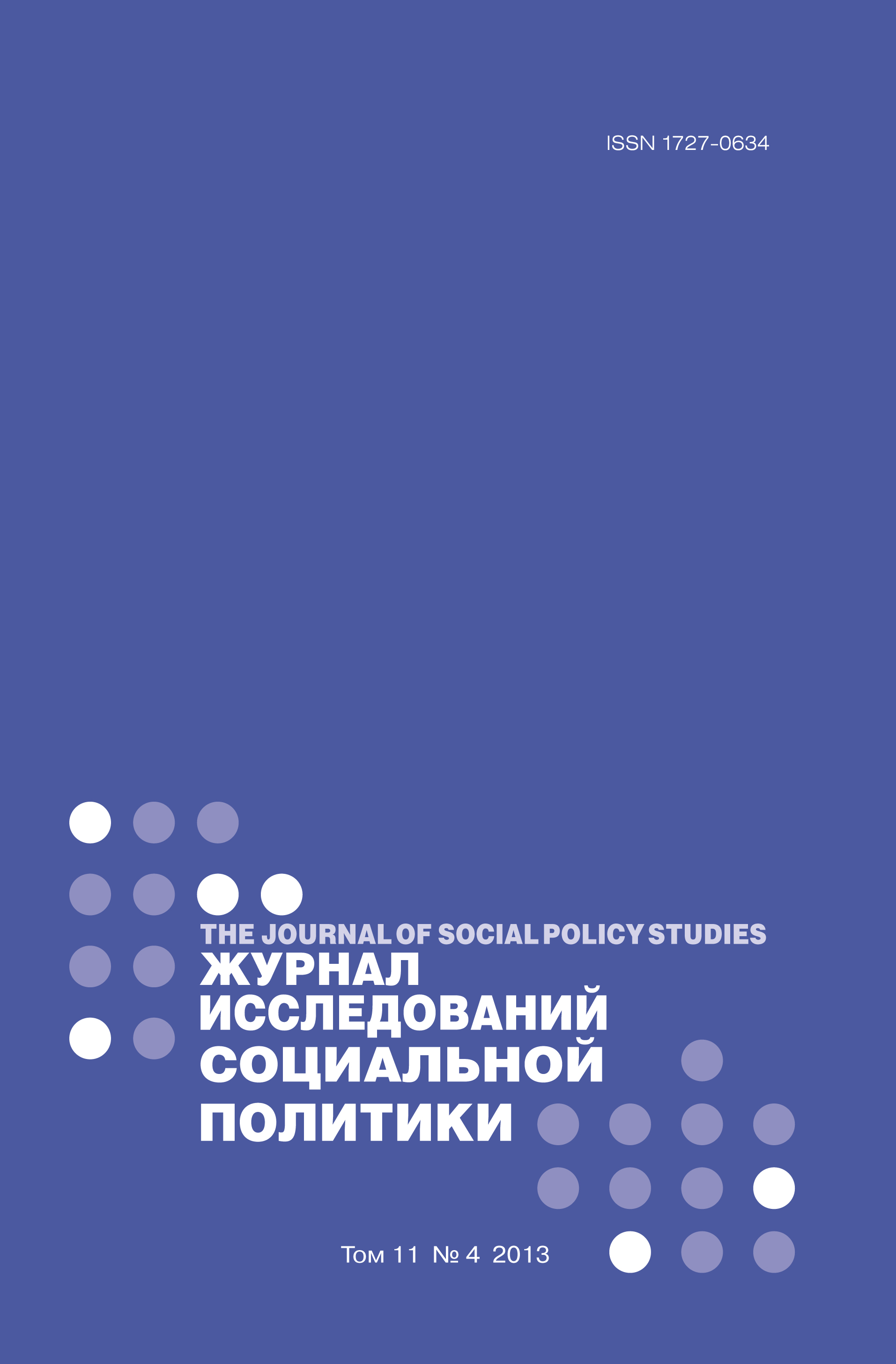The models of legitimizing inclusive education in the Czech Republic
Keywords:
legitimacy, discourses of childhood, discourses of education, inclusion
Abstract
In the Czech Rep. 13, inclusive education obtains twofold status, legal (accordingto the recent Law about Education and obligations towards EU due to EuropeanCourt to Human Rights judgment to the case of D.H. and others (2007) but notlegitimized yet. While the Ministry of education, youth, and sports tried to establishregulations towards inclusive education, these attempts were blocked bylocal authorities. Surveys approve the high degree of resistance among variousstakeholders to inclusion of Roma and disabled children into mainstreameducation. The question How to promote inclusion requires juxtaposing tworesearch perceptivities, general evaluation of mechanisms towards legitimizingeducational strategies and discourses applied by agents in favour of (de)legitimacy of inclusion. Typical of the post-socialist Czech education, the extremedecentralization demands the methodology placing the issue of legitimacyinto the contexts of local governance. We apply the threefold concept of legitimacy(input, throughput, and output types) to scrutinize the operating systemof education in order to: (1) avoid simplified mapping of actors on adherers andskeptics regarding inclusion, and introduce indices for recognizing potentialagents able to implement the key role in each of the legitimacy type; (2) incorporateinto the analysis such driving forces as coordinative and communicativediscourses as the ideological grounds for promoting inclusion; (3) connectobstacles to developing inclusive education with the general tends in democraticgovernance. The data gathered from several public debates related to theinclusion have indicated three models legitimizing inclusive education. Localpractitioners pose inclusion as a potentially efficient instrument for individualizingeducational process, epistemic communities affiliated with HumanRights movements struggle for inclusive school as a new institution overcomingcurrent selective educational system, and authorities try to apply inclusive ideologyin order to develop systematic monitoring under the quality of education.Despite the opposite attitude to the worthwhileness of joint education of childrenwith and without special needs, actors expound compatible arrays of conceptsaround education and childhood emphasizing output legitimacy but remainin mutual opposition because of different vision on the indices of efficienteducation. The disclosed shortcomings in the idea of legitimacy map possibleimplications for integrating research, training, and policy-making towardsinclusive education.Downloads
Download data is not yet available.
Published
2013-12-26
How to Cite
Шмидт В. Р., & ПанчохаК. (2013). The models of legitimizing inclusive education in the Czech Republic. The Journal of Social Policy Studies, 11(4), 547-560. Retrieved from https://jsps.hse.ru/article/view/3418
Section
View from Eastern Europe















